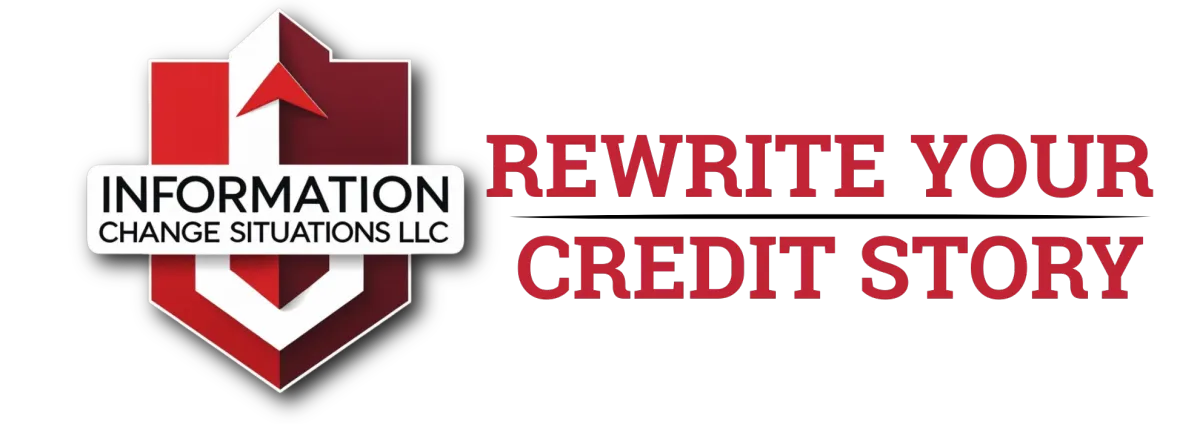
How to Increase your Credit Score
Factors That Affect Your Credit Score
Your credit score is calculated based on several factors, each with a different weight. Knowing these helps you focus on the most impactful changes.
Key Credit Score Components
Payment History (35%) – The biggest factor. Late payments, collections, and bankruptcies hurt your score.
Credit Utilization (30%) – How much of your available credit you’re using. Lower is better.
Length of Credit History (15%) – Older accounts help; closing them can shorten history.
Credit Mix (10%) – Having different types of credit (credit cards, loans, mortgages) can help.
New Credit (10%) – Opening too many accounts in a short time can lower your score.
Common Myths Debunked
❌ Checking your own credit lowers your score. (False—soft inquiries don’t hurt.)
❌ Closing old credit cards helps your score. (False—it can shorten credit history and increase utilization.)
❌ You only have one credit score. (False—lenders use different models like FICO® and VantageScore®.)
Action Step: Get your free credit report from AnnualCreditReport.com and review it for errors.
How to Pay Your Bills
A single late payment can drop your score by 50-100+ points, and it stays on your report for 7 years.
How to Never Miss a Payment
Set up autopay for at least the minimum payment.
Use calendar reminders for due dates.
Contact creditors immediately if you foresee a late payment—some offer grace periods.
How to Fix Past Late Payments
Goodwill Letter: Politely ask the creditor to remove the late payment as a courtesy.
Pay-for-Delete Agreement: Negotiate with collections agencies to remove the mark in exchange for payment (get it in writing).
Dispute Errors: If the late payment was reported incorrectly, file a dispute with the credit bureaus.
Pro Tip: Even if a late payment is accurate, its impact fades over time—focus on perfect payment history moving forward.
Credit Utilization Control
What Is Credit Utilization?
This is the percentage of your available credit you’re using. For example, if you have a $10,000 limit and a $3,000 balance, your utilization is 30%.
Why It Matters?
High utilization (above 30%) signals risk to lenders and lowers your score. Under 10% is ideal.
How to Lower Utilization Fast
✔ Pay down balances before the statement date (most cards report utilization once a month).
✔ Ask for a credit limit increase (without increasing spending).
✔ Spread spending across multiple cards instead of maxing out one.
✔ Use a balance transfer card (if you have high-interest debt).
Warning: Closing a credit card reduces your available credit, which can spike your utilization—keep old accounts open!
Building Positive Credit History
Why Credit Age Matters
A longer credit history improves your score. The average age of your accounts is a factor.
How to Build Credit from Scratch or Repair It
Become an authorized user on a trusted person’s credit card (their history helps you).
Get a secured credit card (requires a deposit but reports like a normal card).
Apply for a credit-builder loan (Self, Credit Strong, or local credit unions offer these).
Keep old accounts open (even if unused) to maintain credit age.
Diversify Your Credit Mix
Having different types of credit (installment loans + revolving credit) can help—but don’t take out loans just for this. credit habits.
Avoid Common Credit Score Mistakes
What NOT to Do
Applying for too much credit at once (hard inquiries hurt temporarily).
Closing old credit cards (shortens credit history).
Ignoring errors on your credit report (always dispute inaccuracies!).
Carrying high balances (even if you pay in full—reporting dates matter).
Rewrite your Credit Story Now!
Your Credit Story Deserves a Rewrite.
At Information Change Situations LLC, we help you erase negative chapters and build a brighter financial future—legally, ethically, and permanently.
Get Started Now!
CONTACT US
10:00 AM - 4:00 PM EST
Monday - Friday
1401 Pennsylvania Avenue Suite 105
Wilmington, Delaware 19806
(Mail Only)

© 2025 Information Change Situations LLC - All Rights Reserved
Terms and Conditions | Privacy Policy | Privacy Notice | Consumer Privacy Rights